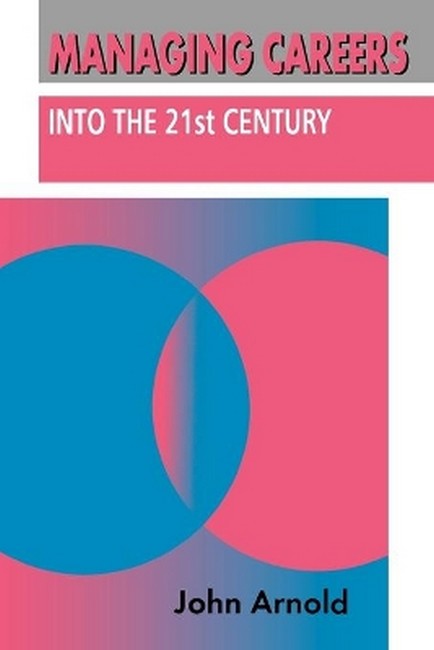John Arnold is Professor of Organisational Behaviour at Loughborough University, and a member of the School's Research Centre for Professional Work and Society. From 2011 to 2013 he was head of the Institute of Work Psychology (IWP), at the University of Sheffield, and prior to that had extensive experience at Loughborough University Business School (15 years), and Manchester University School of Management (8 years). John is a Fellow and Chartered Psychologist of the British Psychological Society, and a Registered Psychologist. He was editor of Journal of Occupational and Organizational Psychology (JOOP) from 2004 to 2008, and is currently a consulting editor with JOOP, Journal of Vocational Behavior, Human Relations, and Organizational Psychology Review. He has been Principal or Co-investigator on 21 externally funded research projects and has published over 70 refereed journal articles. John is author or co-author of a number of books including Managing Careers into the Twenty-first Century (1997), and lead author for the first five editions of the textbook Work Psychology. He was a member of the Business and Management panel in the UK's 2008 Research Assessment Exercise, and is repeating that role in the 2014 Research Excellence Framework process.
Request Academic Copy
Please copy the ISBN for submitting review copy form
Description
Introduction The Nature and Context of Careers Managing Careers in Organizations - An Overview Career Management Interventions in Organizations I Career Management Interventions in Organizations II Career Decision-Making Developmental Approaches to Career Management Work-Role Transitions Diverse People, Diverse Careers Postscript
` John Arnold has written a book which will serve well any student or new practitioner in the area of career management, both in terms of explaining how thinking has developed, and in looking forward to the complexities of the future' - Career Path, Institute Personnel and Development `This book has two purposes for education leaders. It provides understanding of the world of pupils will be moving into. More urgently, because it is not yet sufficiently recognised, it provides a framework for us to consider what is happening to teachers' careers now' - School Leadership

